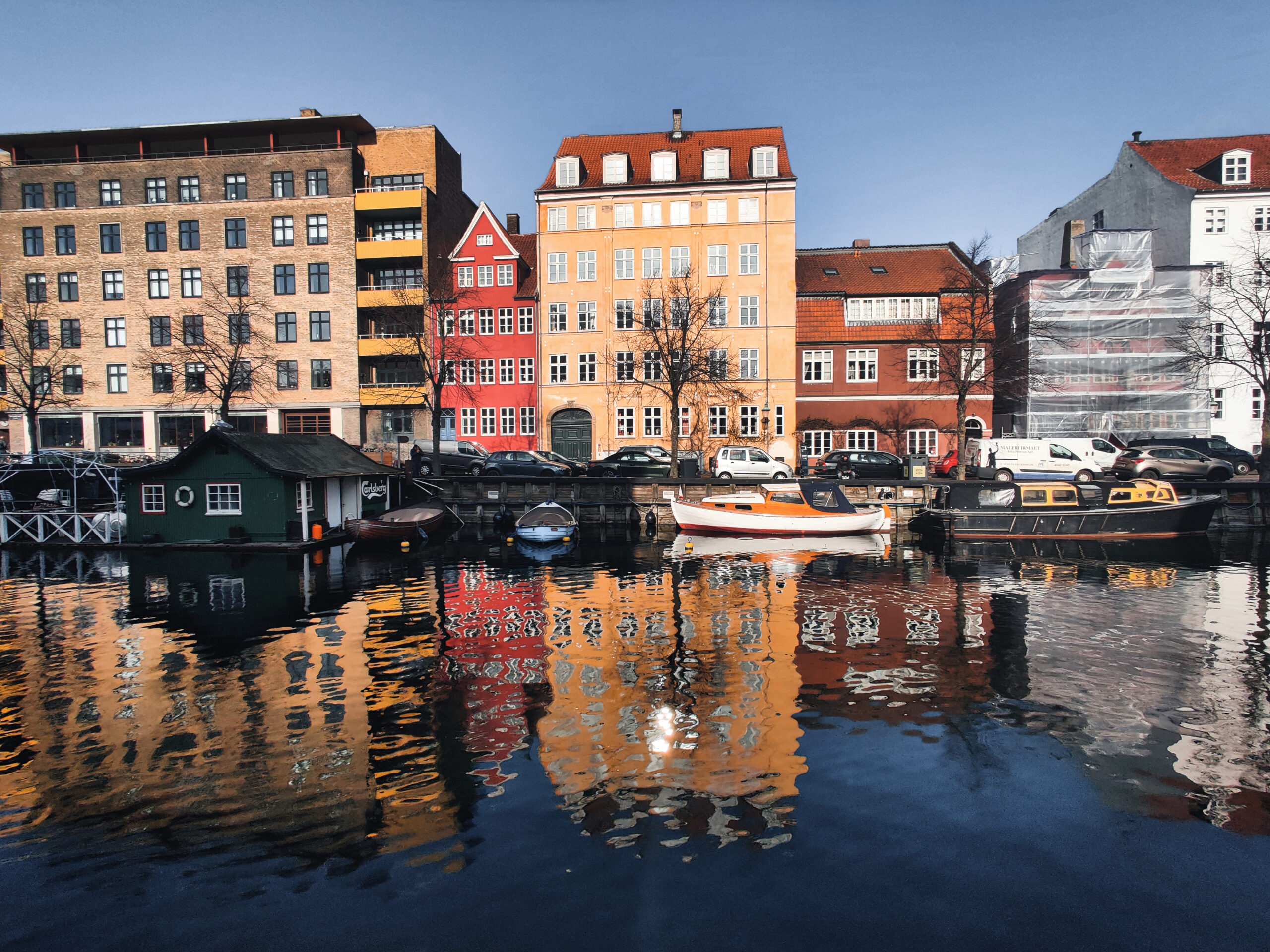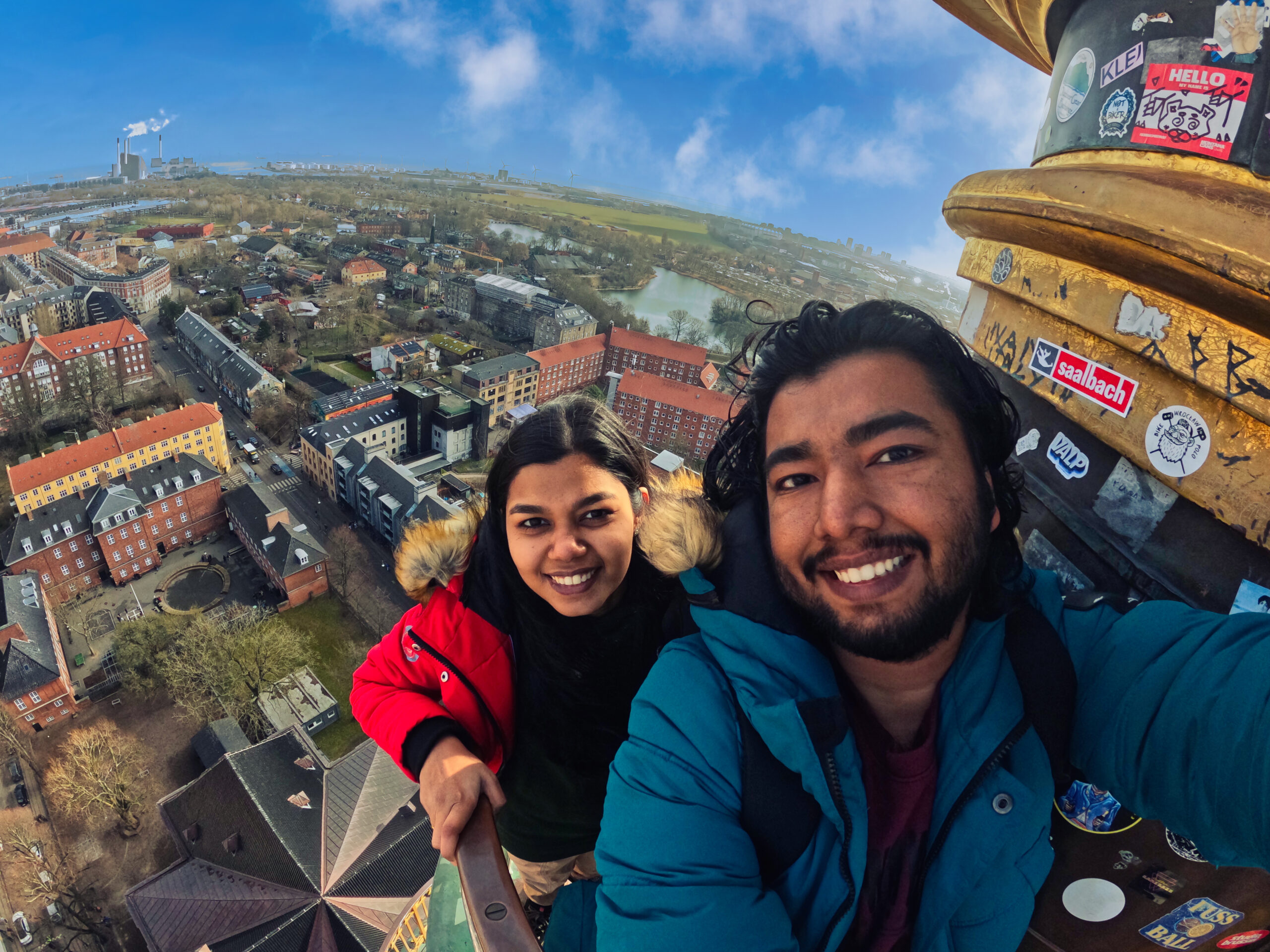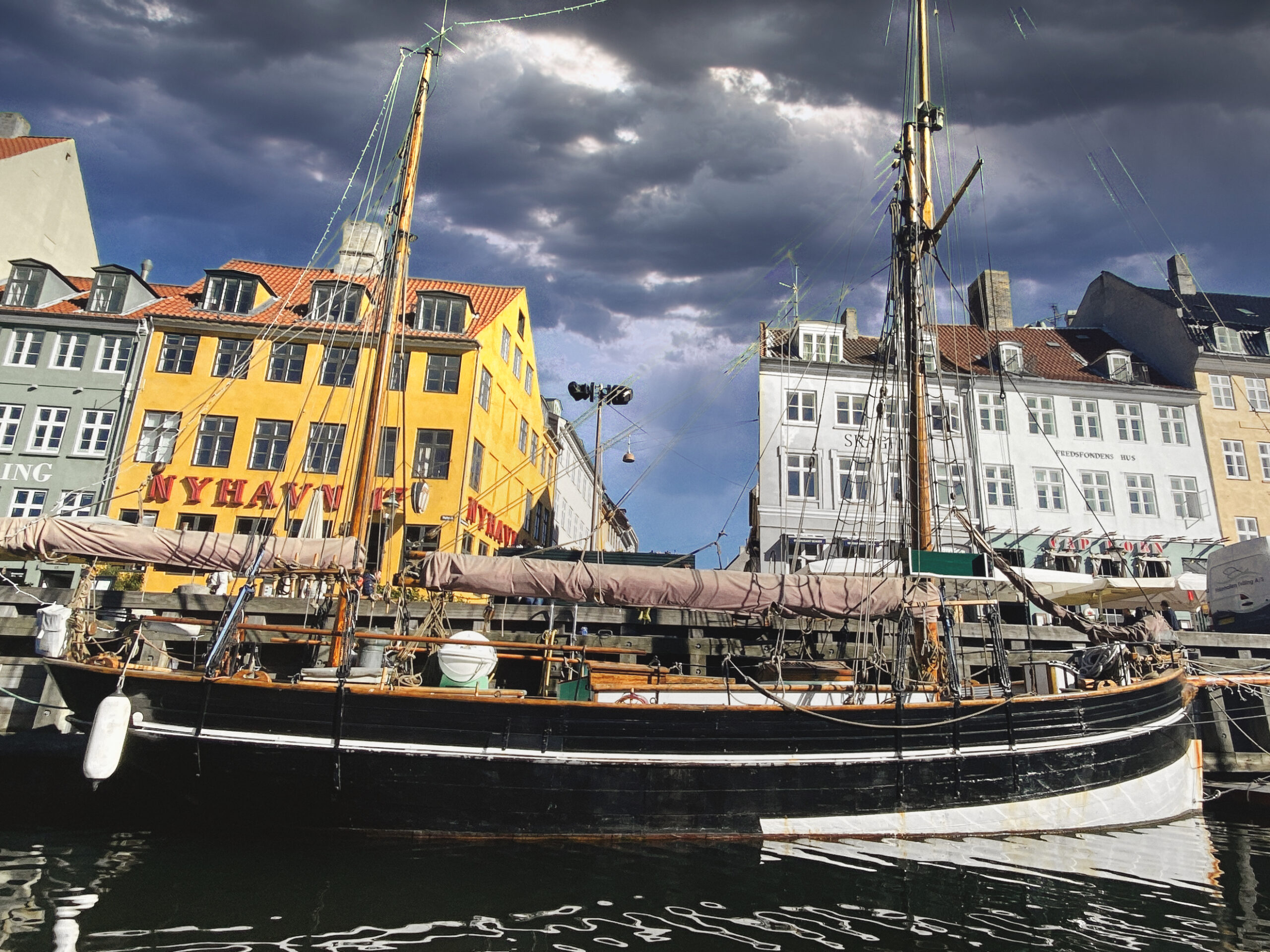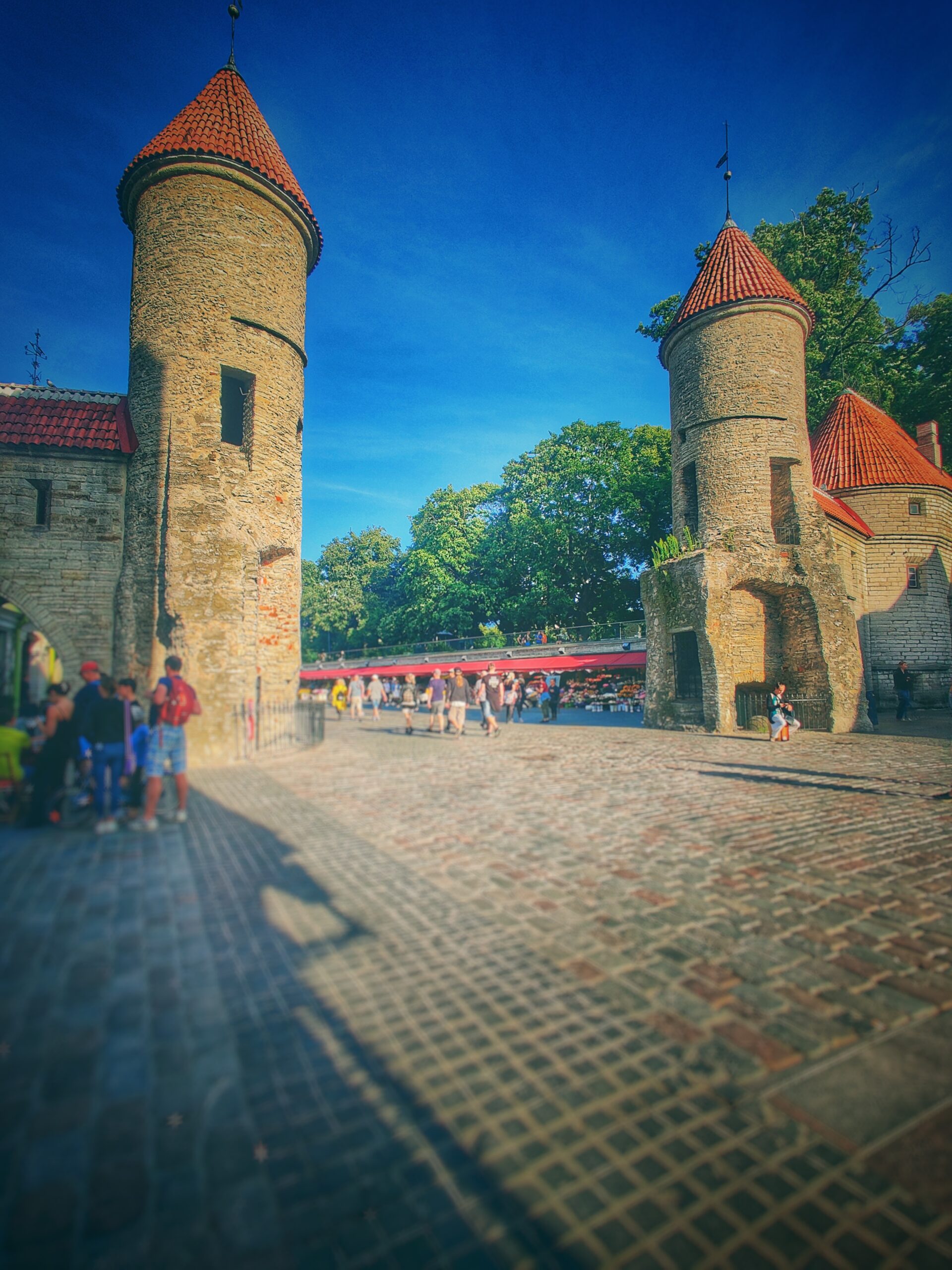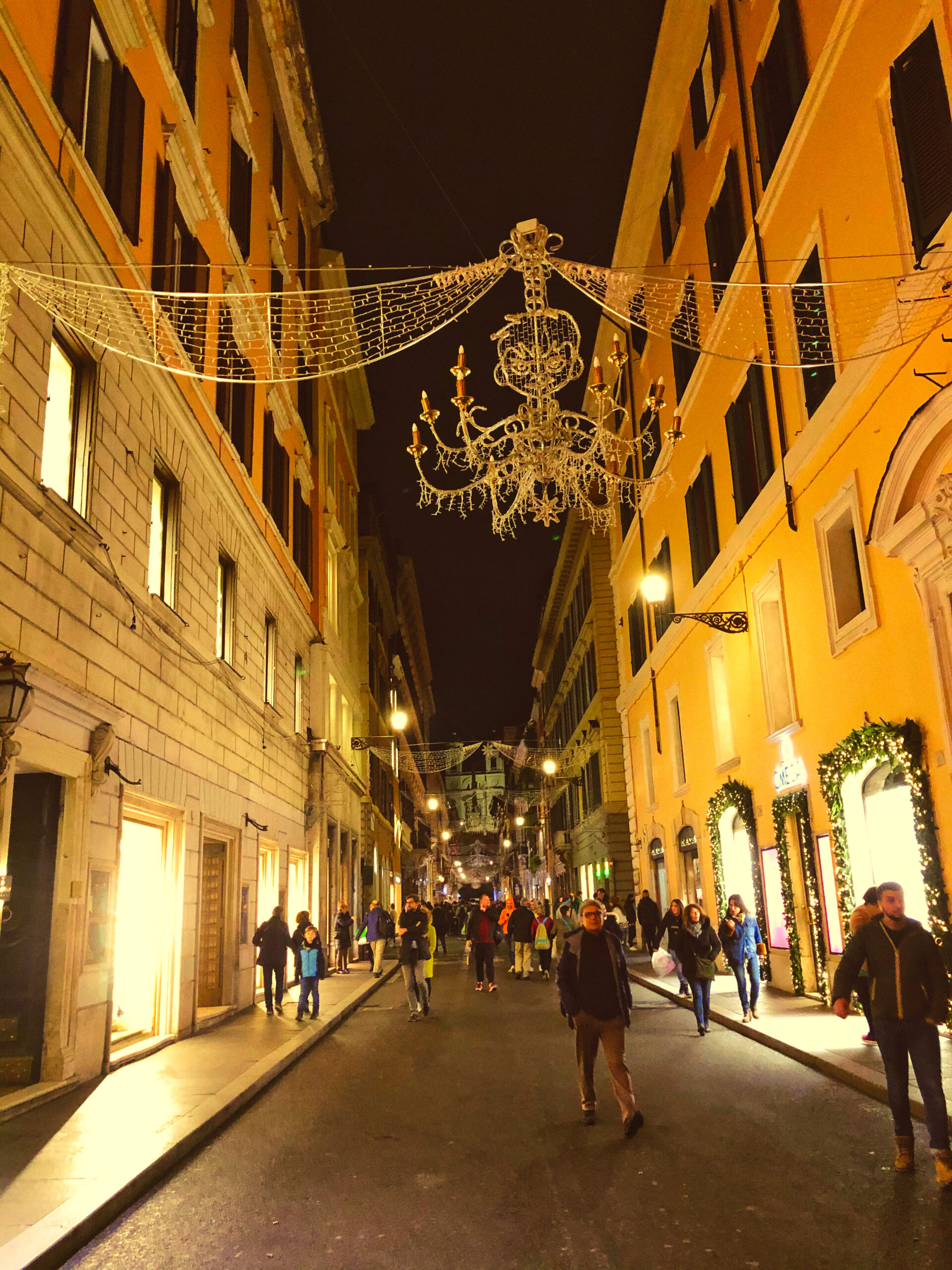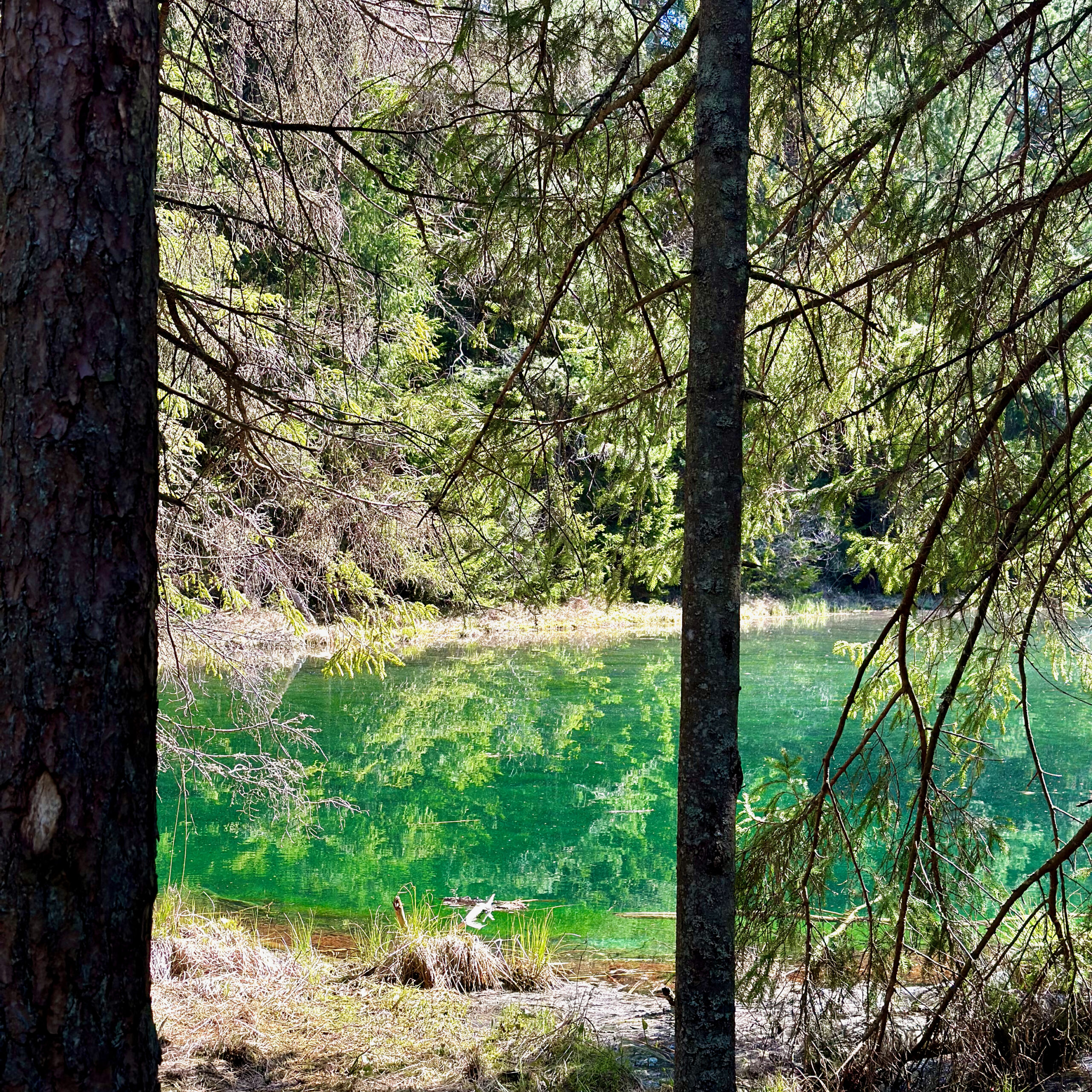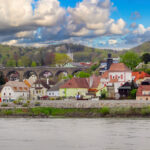The Gateway to Scandinavia
Denmark
Denmark is a lovely country in northern Europe. It’s famous for its fairy-tale history, friendly people, and beautiful landscapes. The capital city is Copenhagen, where you can see colorful houses along the canals. Danish people enjoy a cozy lifestyle called “hygge.” Denmark is known for making tasty pastries and dairy products. They’re also very good at using wind power to make electricity, which helps the environment. If you visit, you can explore castles, ride bicycles, and experience a mix of old traditions and modern living.
Things to See and Do in Denmark
Typical Costs When Travelling
Accommodation:
- Budget Accommodation (hostels, guesthouses): Expect to pay around 300-600 DKK per night.
- Mid-Range Hotels: Prices typically range from 700-1,200 DKK per night.
- Luxury Hotels: Upscale hotels can cost 1,500 DKK or more per night.
Food:
- Dining Out: Eating at restaurants can be pricey. A meal at a mid-range restaurant may cost 150-300 DKK per person. Fine dining can cost significantly more.
- Fast Food or Street Food: A quick meal at a fast-food restaurant might cost around 60-100 DKK.
- Supermarkets and Local Markets: Buying groceries and cooking your own meals can be more budget-friendly. Expect to spend 300-500 DKK per week on groceries if you cook for yourself.
Transportation:
- Public Transportation: In cities like Copenhagen, a single ticket for public transportation (bus, metro, or train) typically costs around 24 DKK, and a multi-ride card can offer savings for frequent travelers.
- Intercity Trains: Train travel between cities varies in cost, but a one-way ticket from Copenhagen to Aarhus might cost around 300-500 DKK.
- Car Rental: Renting a car can be costly, with daily rates starting at around 300 DKK, not including fuel and tolls.
- Bicycles: Biking is a popular and affordable mode of transportation. Renting a bike can cost around 100-200 DKK per day.

Denmark is known for its high living costs, but there are ways to save money, such as using public transportation, buying groceries, and staying in budget accommodations. Additionally, consider purchasing a Copenhagen Card or a city-specific card for other major cities, which can provide discounts on transportation and attractions.
Money Saving Tips
October 14, 2023







